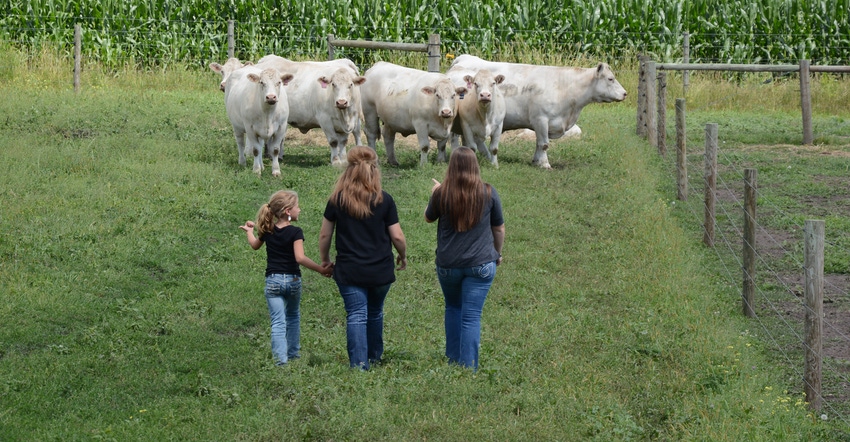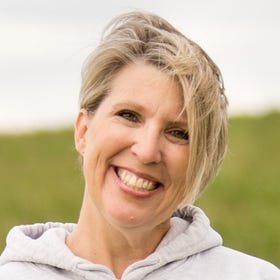
As we evolve with COVID-19, some days it may seem we’ve got it together and accomplish a lot. Others, not so much, as we try to draw down mental and physical reserves just to get through the day.

Monica Kramer McConkey, a rural mental health specialist based in northwestern Minnesota, acknowledges that these quarantined times are impacting everyone in different ways.
“It’s important to understand now that mental resilience is the ability to mentally or emotionally cope with a crisis or to return to pre-crisis status quickly,” she said.
Put another way, resiliency means protecting yourself from potential negative effects of stressors.
McConkey suggested building and nourishing four areas in your life that will help develop resilience and carry you through tough times: biophysical, social, psychological and spiritual. She offered her insight during a Minnesota Women’s Ag Leadership webinar held in mid-April.
Biophysical. Simply, this is taking care of your physical self, such as your eating, exercising and sleeping habits, how often you are drinking water — those things that fuel and support your body.
“If you are not taking care of yourself, this will have a huge effect on your mental health,” she said.
Look at where you could help yourself, for example, starting with eating three meals a day.
“Be intentional about taking care of yourself,” McConkey added. “Don’t let life just happen.”
Social. Isolation on the farm is a huge issue and each person deals with it in their own way. Who is in your corner and supports you?
“It’s important to have a friend or a group who understands you — a church group, bible study, book club, Annie’s Project,” McConkey said.
Annie’s Project is a University of Minnesota Extension-based educational program that seeks to strengthen women’s roles in farm and ranch businesses.
She encouraged farm women and others to intentionally seek out supportive people and groups. And on the flip side, if there are those who are draining you emotionally, she said it may be time to let them go.
“It’s okay to do some pruning if you have to,” she said.
Psychological. This area hits to the core for farmers who are faced with choices to make daily, often for things out of their control. It’s a challenge to get a handle on the thinking-emotional connection — of how thoughts control feelings — and how you will respond.
“Focus on what you can control,” McConkey advised. For example, a lot of farmers had standing corn over the winter and most wondered how they would take it off this spring.
“Every day, that was wearing on them and there wasn’t a darn thing they could do,” she said.
So, what could they do, what could they control?
“Focus on getting equipment ready, for example. Plan. Make a list of priorities,” she said. “If the emotional part of the brain takes over, that sabotages plans and moving ahead. Instead, confront negative thoughts and put the logical part of your mind into action. Intentionality is needed.”
Spiritual. The beliefs and values that someone has are powerful tools to hold when so much of life is outside of our control.
“These help ground us,” McConkey added.
Yet, there are times when you may need help but don’t know for sure if you do. Some clues to watch for include sleeplessness, fatigue, weight loss or gain, and simply not feeling “like yourself.”
McConkey shared how she went through a dark period several years ago, noting that she cried easily and couldn’t motivate herself at all. She tried to work on it and pushed herself to exercise. Nothing seemed to help.
Eventually, she talked to her doctor who diagnosed her with depression and gave her a prescription for medication. That helped.
“If you are noticing that you are not yourself, reach out to someone,” she says.
Interested in speaking with McConkey? Contact her at [email protected] or 218-280-7785.
Visit the University of Minnesota online to learn more about building resiliency and women’s ag networks in Minnesota.
Read more about:
Mental HealthAbout the Author(s)
You May Also Like






